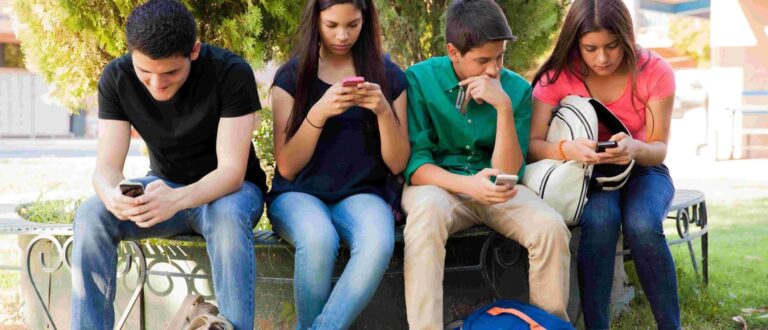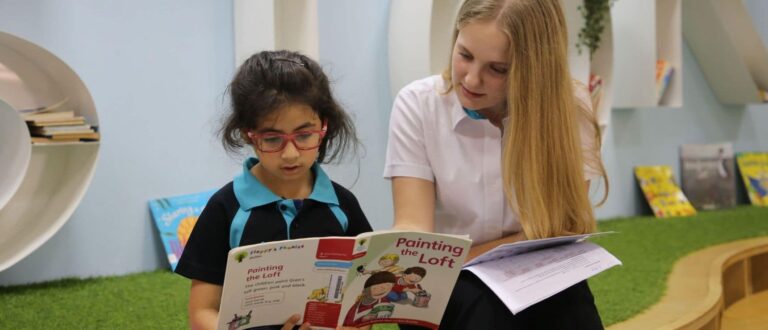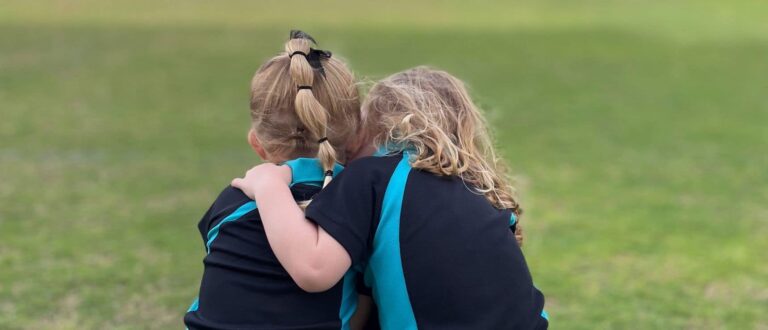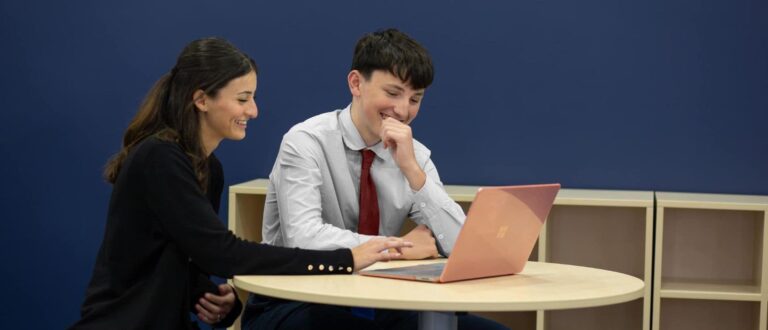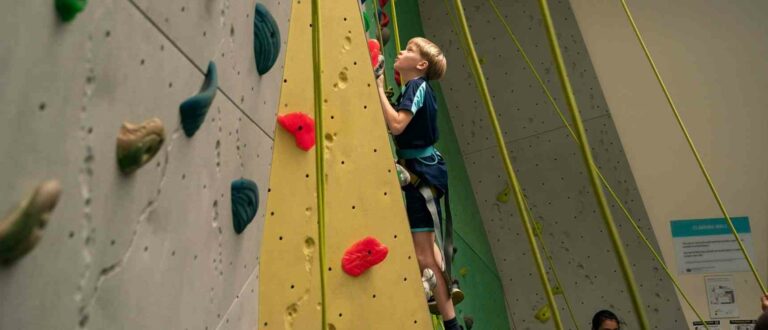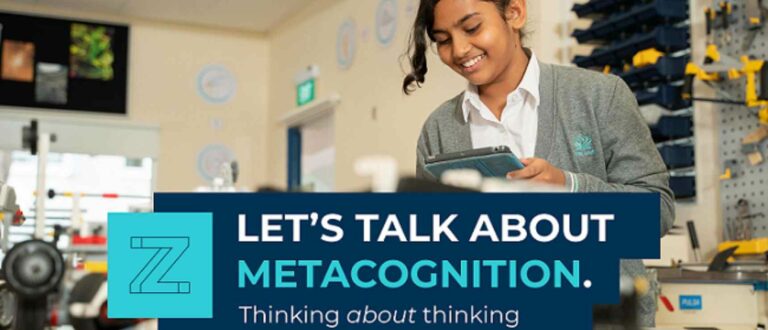As a parent, have you ever wondered how you can better support your child’s learning at school?
We sat down with Dr Kate Erricker, Nord Anglia Education’s Assistant Director of Curriculum — who has 21 years of educational experience — to discuss some of the best ways parents can identify their children’s individual strengths and help them develop their skills so they can get even more from learning at school.
Is there one size fits all to help children learn?
Firstly, all children are individuals with their own aptitudes. They each have areas where they excel and also aspects of learning that they may find challenging. That’s why we promote the idea that personalised learning is so important. Every child’s needs are different.
Research shows that there’s a range of approaches students can use to help them learn best. Understanding how to use these different strategies is a key part of developing your child’s independence and confidence.
What are some of the ways parents can support their child’s learning?
As a teacher and mum of two boys, I’ve spent a lot of time working with students, and I’ve found that there are some key techniques to support children in understanding and mastering new learning.
First, providing clear explanations, frequently checking that they understand, and breaking learning down into smaller steps are all good strategies for ensuring children don’t become overwhelmed by new learning.
Repetition works well too. Revisiting new information over time makes it more likely that learning will stick in our long-term memories. The idea is that a student learns something one day, comes back to it a week later, and then discusses it the week after that. This way, they’re less likely to forget and it’s more likely that they will be able to use this new learning again in the future.
A child’s environment is also incredibly important. A positive, social learning environment is just as important as having quiet concentration time. The pandemic taught us that a community of learners where students can talk to their peers, develop their thinking in discussion with others, and work together on projects is something that’s essential to their social and academic development.
Also, having expert teachers on hand who can explain their thinking processes provides an essential model of expertise for our students. The value of great teachers who know their subject deeply can’t be understated.
In the same way, parents should be actively partnering with their schools to ensure their child’s success. The most successful students, in my opinion, are those whose parents are involved with their school and actively support the learning objectives set by their teachers. At the same time, it’s important that parents encourage their children to be responsible for their own education, leading to confident, independent learners who are working towards their own success.
How can parents help their child become an independent learner?
It’s really about the students being aware of what motivates them in their learning and what they do when they’re not motivated by a task. Students doing their school subjects will learn things that won’t always motivate them. So, having strategies to be able to overcome that and motivate themselves to progress is important, and this should be supported by parents.
Talking to your child will also encourage metacognition about their own learning and allow them to develop greater awareness of their strengths and areas of development. Metacognition means “the act of thinking about thinking.” In other words, children need opportunities to reflect on how they learn best and the strategies that they can use to be successful.
Even asking ‘how was your day?’ or ‘what did you learn today?’ is a fantastic way to encourage your child to reflect on what and how they have learned. You can extend that conversation by asking other question prompts, which can deepen their understanding of how they learn.
Some addition prompts that you could pose to your child at home are:
- What is something you learned today that was exciting or interesting? What about it was exciting?
- Was there something that you struggled with today or found difficult? What did you do? How could you do it differently next time?
- How did your feelings or mindset affect your time in school today?
- Is there anything you need additional support from your teachers on?
- Is there anything that we could do at home to support your learning better?
- What other questions do you have and how can we explore those together?
Having these conversations are important because it shows that you are invested and interested in their school experience, and it also gives them an opportunity to revisit their learning. You might also find that, after these conversations, you’ll develop a better sense of your child’s individual aptitudes and interests, which can help you support them further.
Do you have any other thoughts on how to support their child’s learning?
I think the key is to always have those conversations at home that show you’re taking an interest in your child and keeping that enthusiasm for learning going, which we know our teachers work so hard to generate during the school week.
This can be as simple as just having a conversation around the dinner table, looking at the work they’ve done, or celebrating successes and supporting areas they’re struggling with. I know parents do this, and they do it well, so it’s about celebrating the importance of the parental relationship with the school and creating partnerships with your child’s teachers.


